Why did Abu Sayeed, fellows, sacrifice lives?
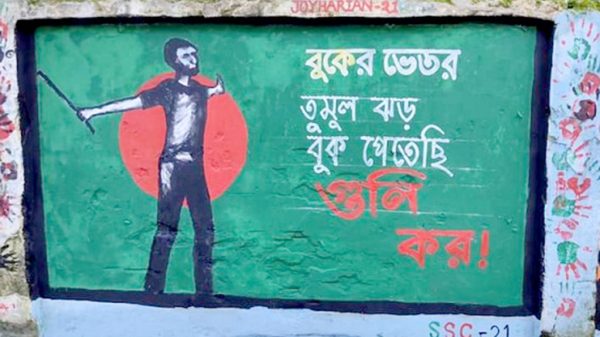
THAT the Awami League had a master plan to capture power forever is discerned from some deplorable incidents that happened just after it assumed office in 2009. The party president, Sheikh Hasina, along with her leaders, did not hesitate even a little to kill our 57 patriotic army officers. Almost all the party leaders knew about what happened in the Border Guard Bangladesh (then Bangladesh Rifles) headquarters on February 25, 2009. This was the implementation of a pre-planned conspiracy against the army officers. Sheikh Hasina and her people knew well that if they could show off their strength to kill some selected army officers, they would be able to be in power for a long time. And unfortunately, we have seen the outcome of this plot for more than 15 years. From 2009 till the first half of 2024, our army could not play any role for the benefit of general people. This is because after the 57 senior army officers were cruelly murdered by the Awami League heinous gang, the army officers who supported the Awami League were posted into senior positions, and they did everything for keeping this party in power. Even during the July uprising, the army hardly played any positive role in favour of the students at the beginning of the movement. But when our patriotic students did not care about the so-called curfew and they came on the roads in the whole country on 4-5 August, they invited the army to shoot on them (the students); at that time most of the army officers lowered down their arms. Undoubtedly, there are a good number of officers in the Bangladesh Army who do not blindly support the Awami League; rather, they are very patriotic but could not stand against the Awami League for fear of losing their jobs. But this time their role is undoubtedly praiseworthy.
Furthermore, the Sheikh Hasina government displayed a ruthless approach towards suppressing any form of dissent or opposition. Ordinary citizens who attempted to mobilise for political or social causes faced severe repression. Supporters of opposition parties were frequently denied the right to assemble or express their demands. Even informal gatherings, such as marriage ceremonies or birthday parties, were not safe from harassment. Awami League supporters often targeted these events, leading to physical assaults or disruptions by calling the police. Countless incidents illustrate this climate of intimidation and violence. The police, under the Awami League’s influence, arrested opposition figures, sometimes resorting to extrajudicial killings. Many were shot in cold blood, while others were subjected to false and fabricated charges. As a result, opposition leaders and their supporters lived in constant fear, unable to sleep safely in their homes for days, months, or even years. The pervasive climate of fear and repression has severely impacted their ability to participate in political life and advocate for their causes. Moreover, the Awami League recruited thousands of police officers, army officers, and officers in other government and non-government fields only from the families who support this party. In this manner, the AL used the police, army, RAB, and BGB officers to foil any programmes organised by the opposition parties. The opposition parties were not allowed to organise any kind of programmes in the whole country. During their tenure, the AL-led government relied on legal and extralegal forms of repression to suppress its political opposition and dissenting voices. The attackers of Hindu temples, particularly during Durga puja, are often found to be linked with the AL.
In addition, the AL deprived the general people of our country of their voting rights. From 2014 to 2023, the people of Bangladesh could not exercise their right to vote for electing their future leaders. In every election, be it local or national, almost all the people were threatened and hindered from going to voting centres. If anybody has tried to visit the voting centre, s/he has been brutally punished by the supporters of AL although so many dead people have been shown to put their votes. If we go by the record, it appears that the AL is more engaged in violent acts, terrorism — acts that are conventionally blamed the Islamist groups for. It is quite clear that the freedom as well as sovereignty of our beloved country was quite unsafe at the hands of the Awami League. They compromised our sovereign interest, as once stated by Sheikh Hasina, ‘India will never forget me for what I have given to her.’
But, do we really know where our most beloved country is moving forward? Did Shaheed Abu Sayeed and other martyrs sacrifice their lives for a country where there will be corruption, discrimination, lawlessness, anarchy, extortion, exaction, extraction, blackmail, shakedown, and mayhem again? Just after the tragic downfall of an extortionist, coercer, and blackmailer, some other people of various political parties are doing the same as was done by their predecessor. This is undoubtedly a matter of great shock, tremor, and a matter of great shudder for the nation, which is still stained with the blood of thousands of innocent students, children, and general people. People injured during the July uprising are still fighting with death in the hospitals, and these criminals are trying to tarnish what great things have been achieved by these freedom fighters. Is it for seeing this kind of Bangladesh that our great martyrs sacrificed their lives? Of course not.
I think and firmly believe if the current situation persists, the spirit of our July uprsing — whose wounds still remain unhealed — along with students and ordinary citizens from all walks of life, regardless of their political, religious, or professional affiliations, will ignite a powerful revolt against any injustices in the future. The collective will of the people, including those from all communities, is likely to demand and fight for the country’s true independence, even if it means making the ultimate sacrifice. Therefore, it is crucial that we stay vigilant and alert to the conspiracies being hatched by those who seek to undermine our nation’s values and freedom.
Mohammad Mozammel Haque is an assistant professor of English at Northern University, Bangladesh.


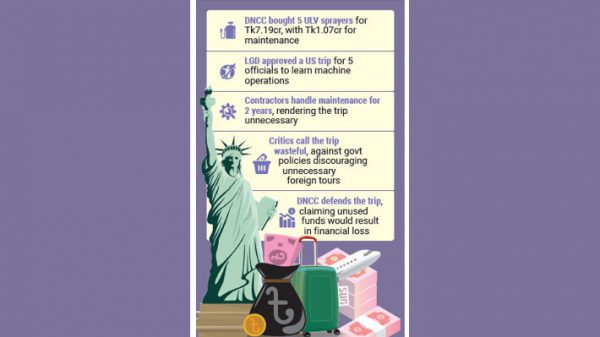
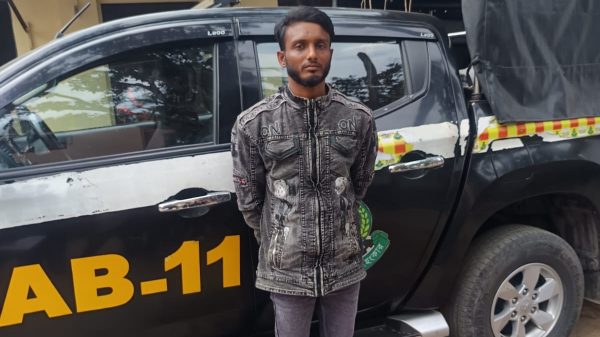

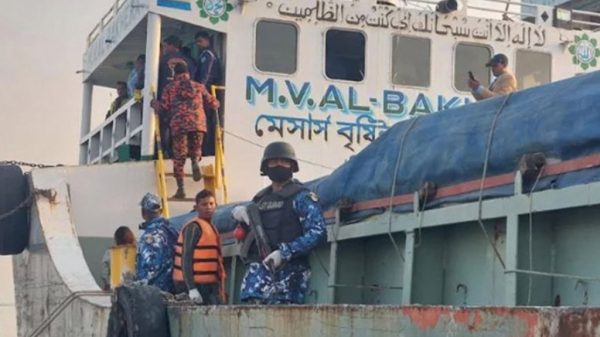
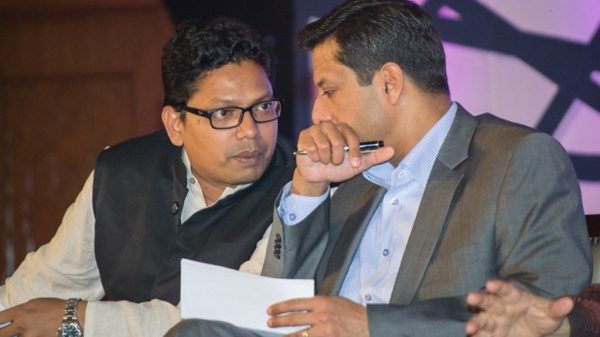
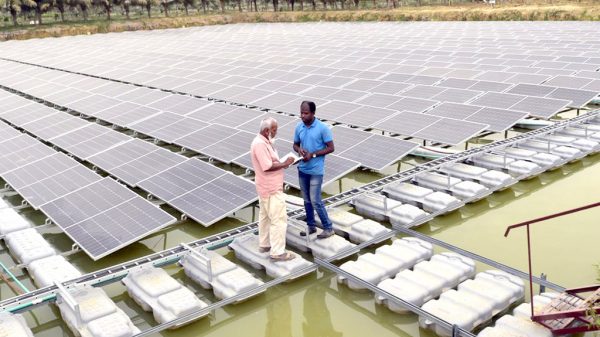
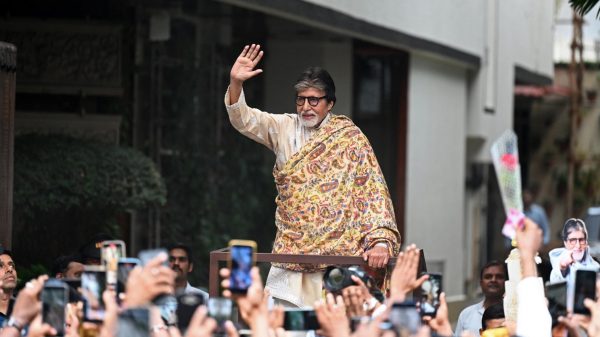
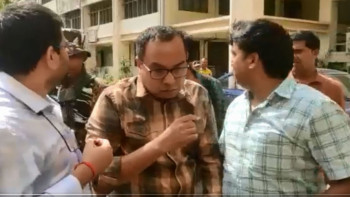
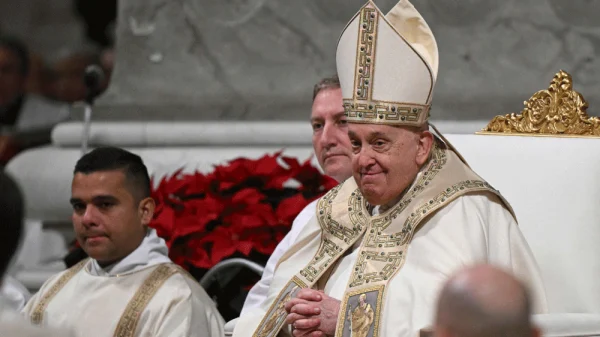
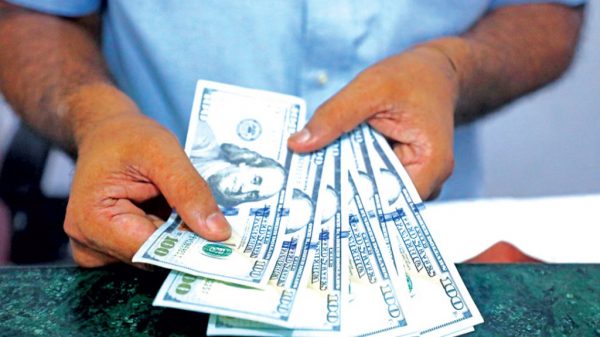


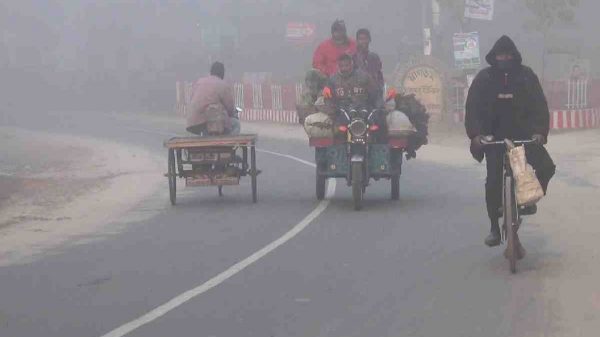











Leave a Reply